11 Influential People Driving Progress in Psychedelics Today
Meet 11 trailblazers shaping the future of psychedelics.

In recent years, the world of psychedelics has seen remarkable progress and innovation, dawning what many have called the “modern psychedelic renaissance.” Below, we’ll introduce 11 trailblazers whose powerful work continues to drive forward progress in this space, working across disciplines (spanning research, industry, policy, advocacy, and more) to advance the state of the psychedelic field.
Rick Doblin, PhD
MAPs Profile

Rick Doblin, PhD, is a prominent advocate for the therapeutic and medicinal use of psychedelics. His work has been instrumental in moving the needle of psychedelic innovation for decades.
Doblin is the Founder and President of the Multidisciplinary Association for Psychedelic Studies (MAPS), a non-profit that’s been on the forefront of advancing psychedelic research, education, and advocacy since he launched it in 1986. Under his leadership, MAPs has pioneered critical research on the therapeutic use of psychedelics for various mental health conditions, including MDMA-assisted therapy for PTSD, which could receive FDA approval as soon as this year. Doblin’s work also includes efforts to educate the public on the therapeutic potential of psychedelics in order to raise awareness and reduce stigma.
He’s devoted his life to helping develop legal contexts for the beneficial uses of psychedelics, primarily as prescription medicines but also for personal growth for otherwise healthy people. His ultimate goal is to eventually to become a legally licensed psychedelic therapist.
Learn more about Rick Doblin by watching his TED Talk.
Robin Carhart-Harris, PhD
UCSF Profile

Robin Carhart-Harris, PhD, is one of the most notable leaders in the field of psychedelic research today. He’s published over 100 scientific papers on the neurobiology of psychedelic drugs and their therapeutic use for a variety of mental health conditions, and his work has been pivotal in advancing our understanding of how psychedelics interact with and affect the brain.
In 2019, Carhart-Harris founded the Centre for Psychedelic Research at Imperial College London, one of the leading psychedelic research institutes in the world. Currently, he is a professor of neurology and psychiatry at the University of California, San Francisco.
Hear more from Carhart-Harris on this episode of the Huberman Lab podcast.
Rachel Yehuda, PhD
Mount Sinai Profile

Rachel Yehuda, PhD, is a professor of psychiatry and neuroscience specializing in trauma at the Mount Sinai School of Medicine, where she also serves as the Director of Mental Health at the James J. Peters Veterans Affairs Medical Center. Her expertise in traumatic stress studies, PTSD, and intergenerational trauma have been widely recognized, and she’s received grant funding from MAPS to lead a study investigating MDMA-assisted psychotherapy in combat veterans with PTSD.
In 2020, Yehuda established the Center for Psychedelic Psychotherapy and Trauma Research at Mount Sinai and currently serves as its Director. Her goal is to make these transformative treatments accessible to those who could benefit most, including Veterans and other underserved and marginalized groups.
Listen to Yehuda speak more about her research on this episode of the STEM-Talk podcast.
Frederick Barrett, PhD
Johns Hopkins Profile
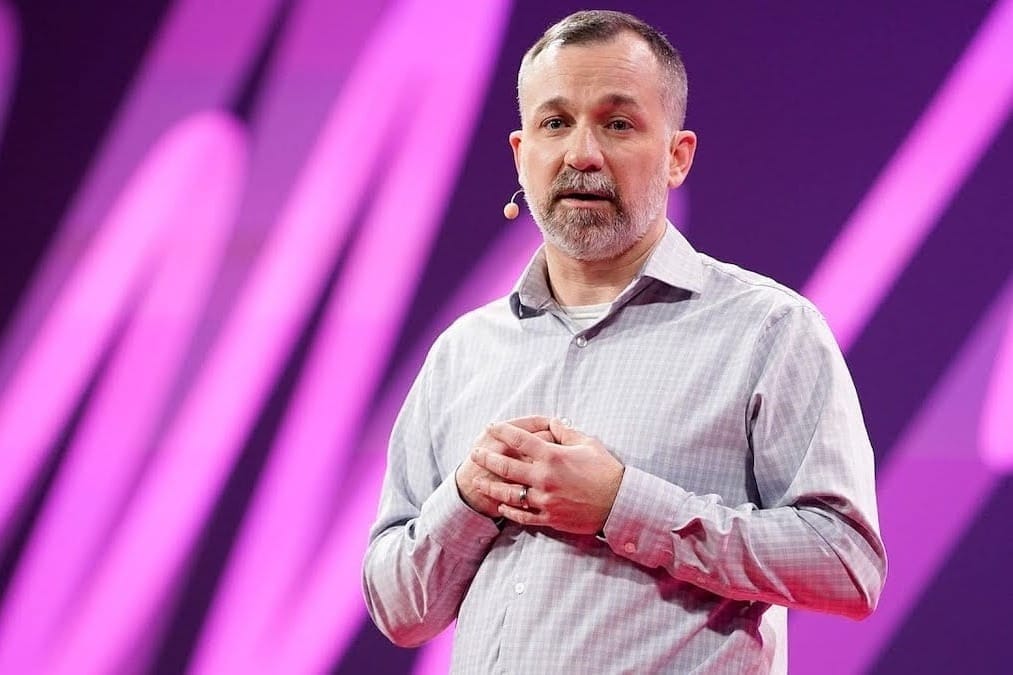
Frederick Barrett, PhD, is an associate professor of psychiatry and behavioral sciences at Johns Hopkins University with over a decade of research experience in psychedelics. Last year, he became director of the renowned Center for Psychedelic and Consciousness Research at Johns Hopkins, one of the largest psychedelic research centers in the world, following the passing of previous director and founder, Roland Griffiths, PhD.
Barrett has made a significant impact in clinical research by conducting studies on topics such as dosing protocols, risk factors, and the neurobiological mechanisms behind psychedelics’ therapeutic effects. In 2017, he received the first federally funded grant for psychedelic research in humans since the 1970s, a testament to his pioneering work within the field. Barrett's unwavering dedication and groundbreaking contributions continue to shape the future of psychedelic research and its potential to revolutionize mental health treatment.
To hear Barrett speak more on psychedelics, check out his TED Talk.
David Nutt, DM, FRCP, FRCPsych, FSB, FMedSci
Imperial College London Profile
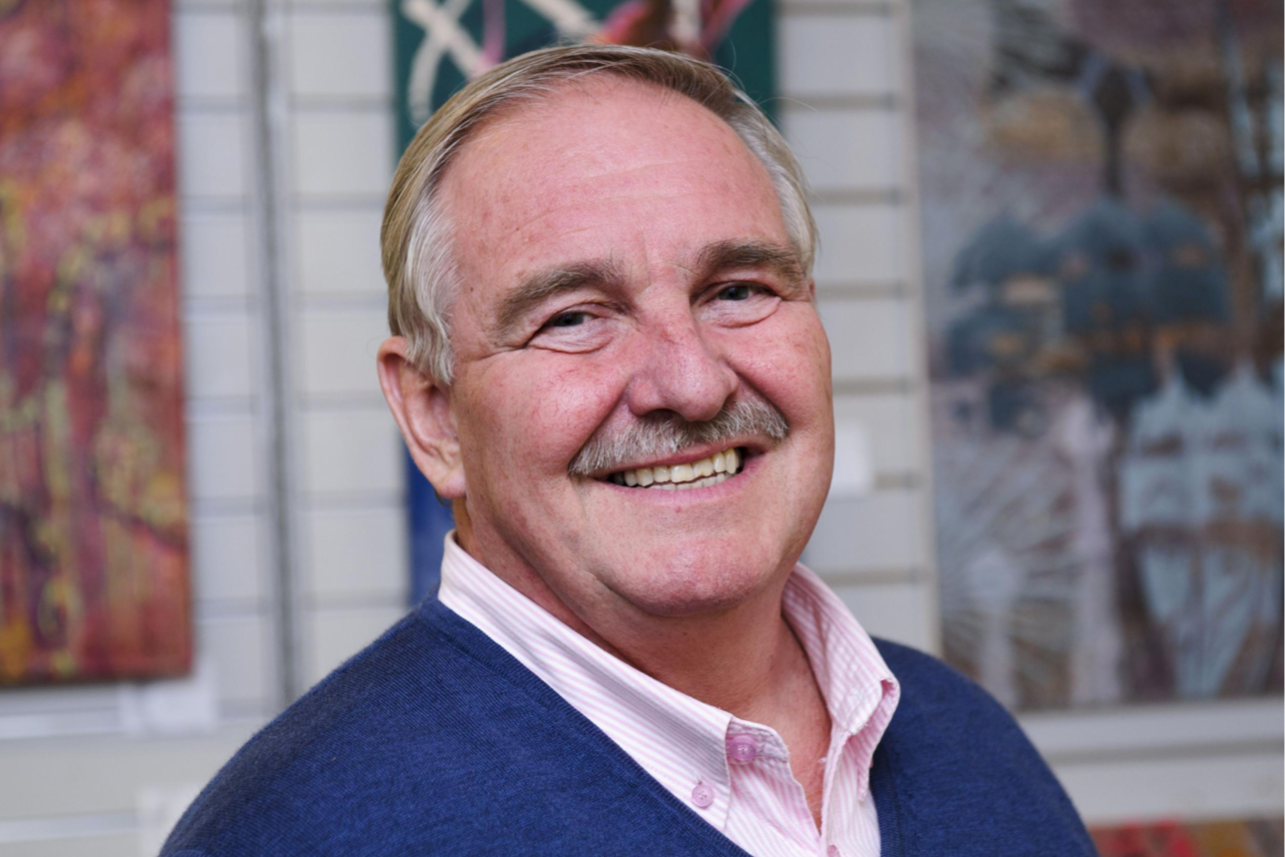
David Nutt is an expert in neuropsychopharmacology and a prominent voice in the field of psychedelic pharmacology. A psychiatrist and professor at Imperial College London, Nutt is also the founder of the charity Drug Science, an organization providing unbiased evidence on drugs to inform the public and policymakers, the Chief Research Officer Awakn Life Sciences, a psychedelic biotechnology company focused on addiction treatments, and the former president of the European Brain Council and European College of Neuropsychopharmacology.
Nutt’s advocacy and research aim to challenge misconceptions about drug harms and benefits, emphasizing the potential of psychedelics in treating various mental health conditions. He has published over 500 original research papers, eight government reports, and 36 books.
To hear more from Nutt, check out the Drug Science podcast, where he speaks with experts and industry leaders on topics related to drug policy, research, harm reduction, and science.
David Yaden, PhD
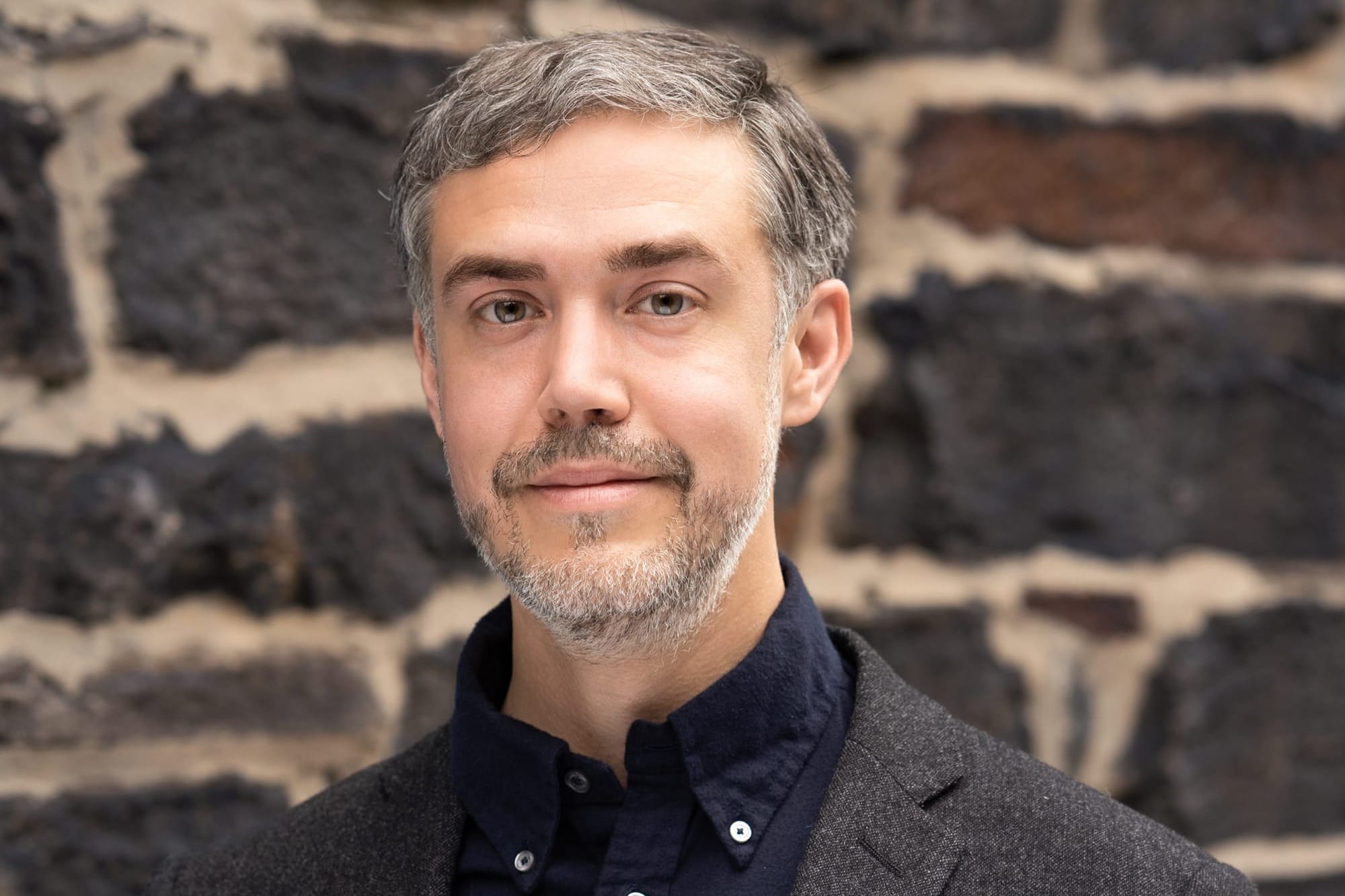
David Yaden, PhD, is a researcher at Johns Hopkins University, whose work focuses on the psychological effects of transformative experiences, including those induced by psychedelics. He recently became the first recipient of the Roland R. Griffiths, Ph.D. Professorship Fund in Psychedelic Research on Secular Spirituality and Well-Being.
Yaden's quest to find the biological and psychological basis for transformative and mystical experiences culminated in his 2022 book, "The Varieties of Spiritual Experience: 21st Century Research and Perspectives." Yaden joined Griffiths at the Johns Hopkins Center for Psychedelic and Consciousness Research in 2020. Yaden and the JHU team carry forward Griffiths' legacy, continuing to research the link between psychedelics, spirituality, and well-being.
You can listen to Yaden and Griffiths speak about their work together on this episode of the Psychology Podcast.
Amanda Feilding
Beckley Foundation Profile
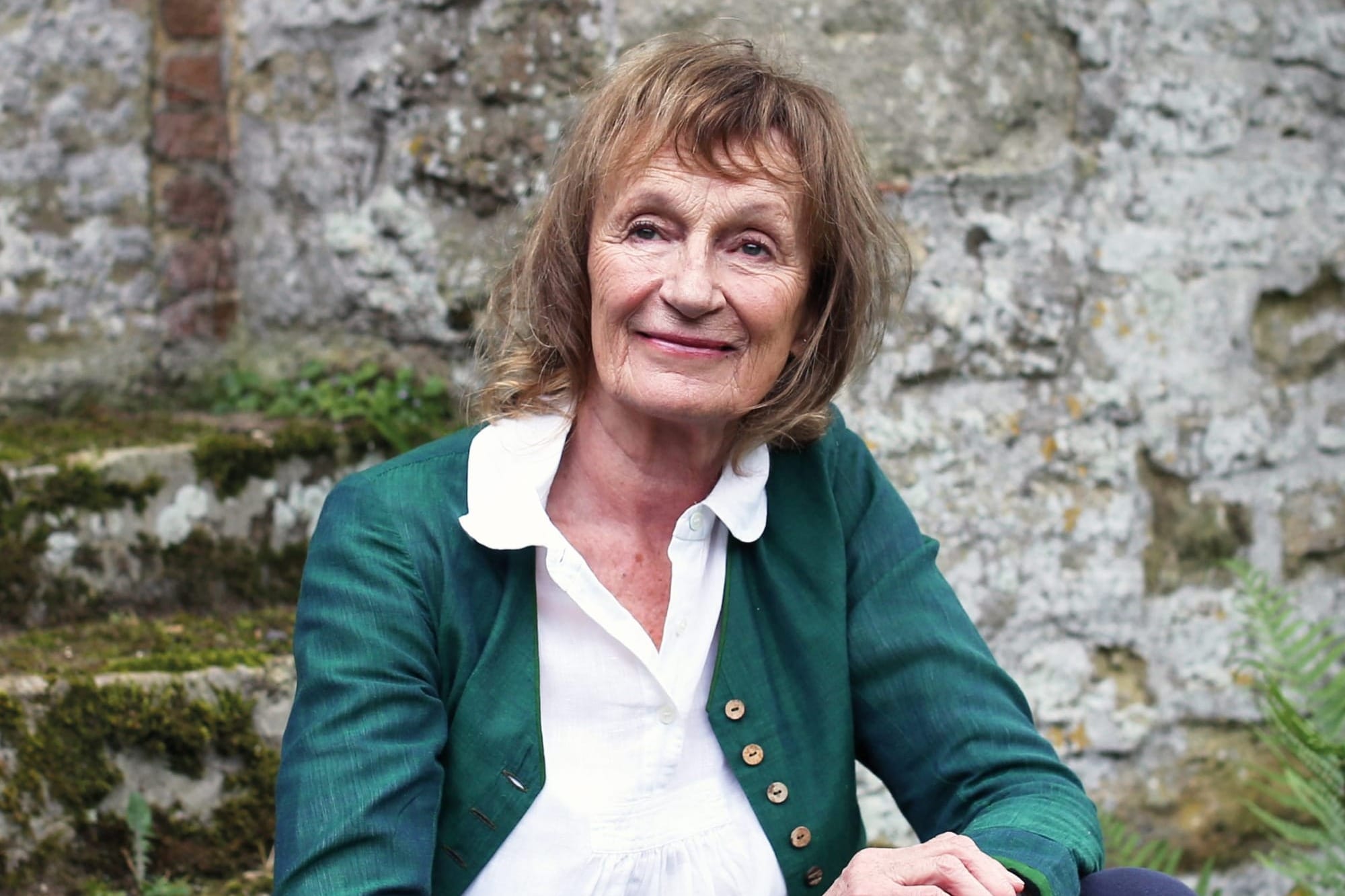
Since the 1960s, Amanda Feilding has been a leader in the psychedelic movement and a driving force for research investigating the therapeutic use and effects on consciousness of psychedelic drugs. Her contributions to the space also include significant advocacy work surrounding global drug policy reform. Through an influential series of seminars, as well as books and other publications, Fielding has played a pivotal role in altering the perceptions and attitudes of the public and policy-makers surrounding psychedelic substances.
In 1996, Feilding established the Beckley Foundation (originally named the Foundation to Further Consciousness), which works to bridge the gap between scientific research and drug policy reform. Her advocacy and research efforts have been integral in paving the way for the transformation of psychedelic medicines into legally-approved medicines.
You can listen to Amanda speak about her life, research, and personal reflections on psychedelics on this episode of the PSYCHOACTIVE podcast.
Melissa Lavasani, MS, MPP
Psychedelic Medicine Coalition Profile
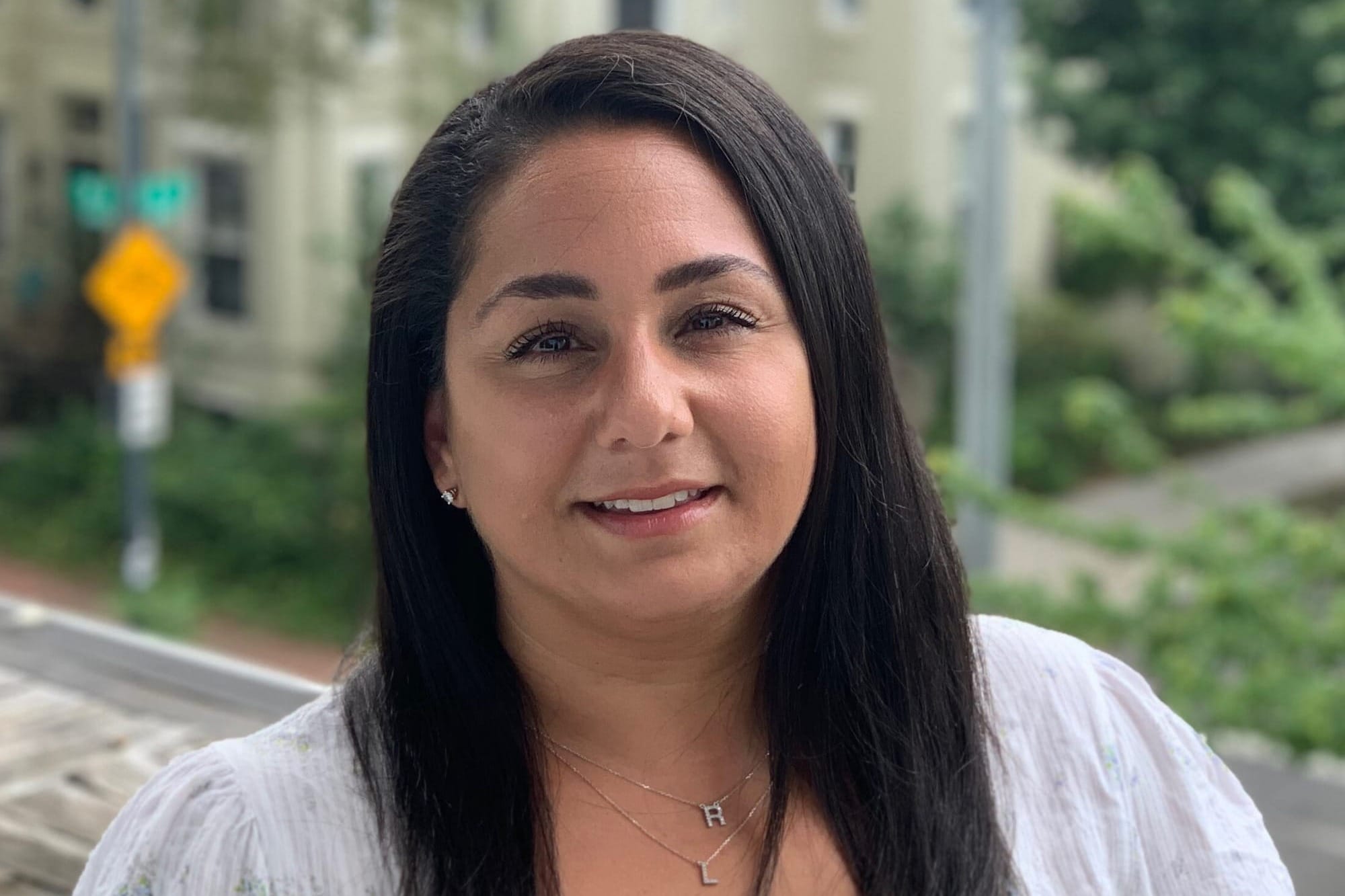
Melissa Lavasani, MS, MPP, is a leading voice in the push for legislative reform surrounding psychedelics. She’s committed to improving safe, equitable access to psychedelic medicines through her advocacy work, lobbying efforts, and initiates to educate policymakers. Her journey into the world of plant medicine advocacy began with her personal experience using psychedelic medicine to overcome postpartum depression, propelling her to spearhead the Decriminalize Nature DC campaign, which proposed Initiative 81. The successful 2020 ballot measure decriminalized naturally occurring psychedelics in Washington DC in the largest ballot initiative victory in the history of the nation’s capital.
Lavasani currently serves as the founder and Chief Executive Officer of the Psychedelic Medicine Coalition (PMC), an organization committed to improving the commercial and regulatory landscape surrounding innovative, alternative mental health treatments. She continues to lobby and advocate for better legislation overseeing psychedelics at both state and federal levels.
You can listen to Lavasani speak about her story and work at PMC on this episode of the Green Rush podcast.
Natalie Ginsberg, MSW
Trailblazers Profile

Natalie Ginsberg, MSW, is a prominent psychedelic advocate working to facilitate the responsible integration of psychedelics into mainstream healthcare and culture. She joined MAPs in 2014, founding the Policy & Advocacy department and serving as its director until moving to her current role as Global Impact Officer for the organization in 2021.
Ginsberg’s early career included work as a Policy Fellow at the Drug Policy Alliance, where she played a crucial role in the legalization of medical marijuana in New York and worked adamantly to address the state's racially biased marijuana arrests. Her experience working as a therapist for individuals charged with prostitution and drug-related offenses led her to recognize the important link between trauma and social justice, propelling her to become a champion for the use of psychedelic-assisted therapy as a tool for helping trauma survivors find lasting healing.
To hear Ginsberg discuss her work in the space of psychedelic policy and advocacy, check out this Psychedelics Today podcast episode.
Ekaterina Malievskaia, MD
Compass Pathways Profile

Ekaterina Malievskaia, MD, is a clinician, scientist, entrepreneur, and advocate dedicated to increasing patient access to innovative, evidence-based treatments for mental health conditions. Dr. Malievskaia's personal experiences with the limitations of traditional mental health care from a clinician perspective led her to co-found Compass Pathways alongside her husband, George Goldsmith, in 2016. The company has become a leader in the field of psychedelic drug development, with a current focus on investigating a proprietary psilocybin-based treatment for use in patients with treatment-resistant depression, PTSD, and anorexia.
Dr. Malievskaia’s work at Compass Pathways represents a significant stride in integrating psychedelic treatments into mainstream mental healthcare markets, championing the first psychedelic company to become publicly traded in the United States.
See Dr. Malievskaia’s publications here and hear her speak more about her work at Compass Pathways and how it's changing the landscape of mental healthcare on this episode of the Forward Ladies podcast.
Dawn D Davis, PhD
Idaho National Laboratory Profile
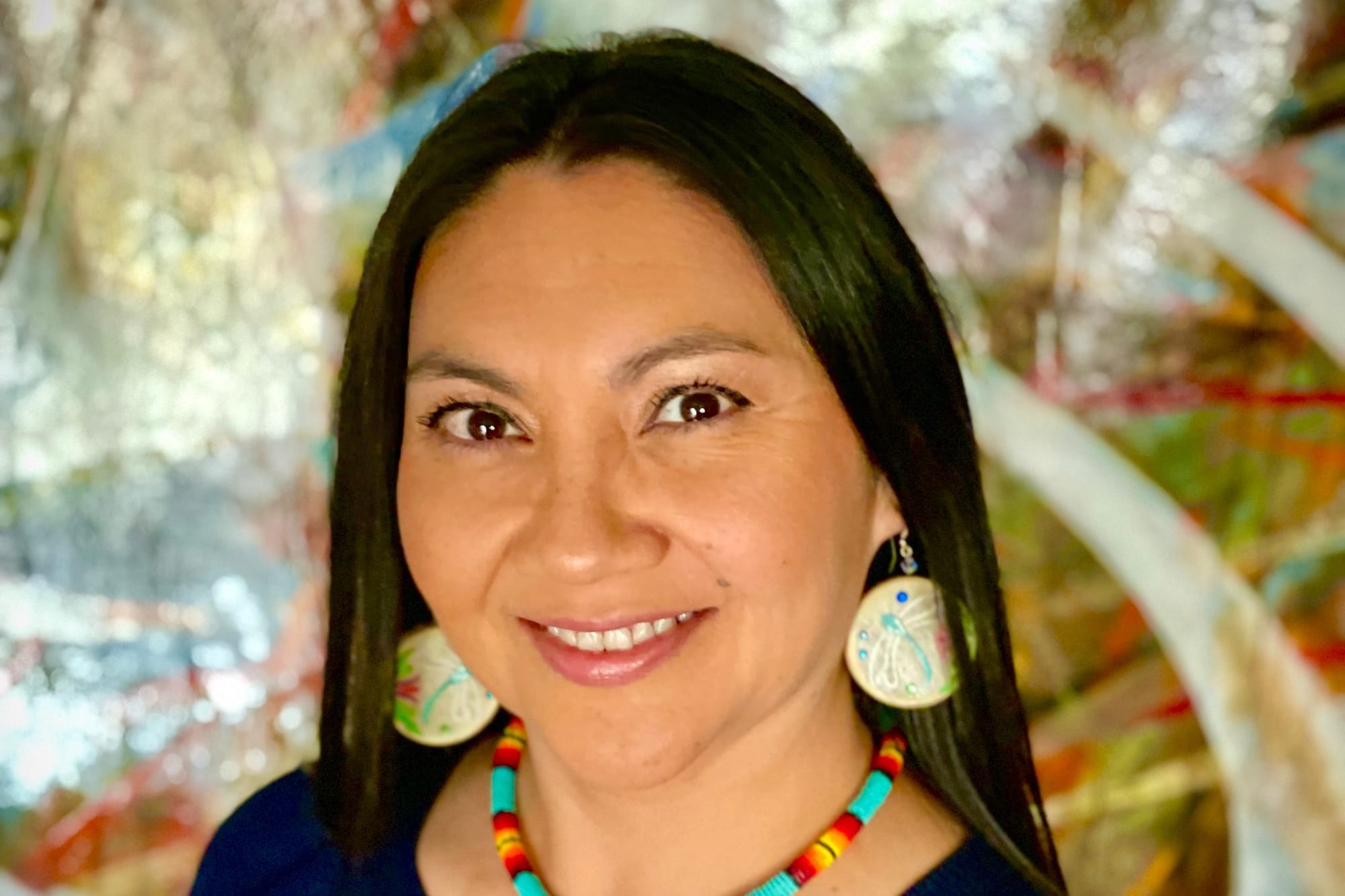
Dawn D. Davis, PhD, is an Indigenous researcher who has dedicated her career to the preservation of psychedelic plant medicines, specifically peyote. Her work aims to protect traditional cultural practices involving peyote, which has been used for centuries as a ceremonial medicine by Indigenous tribes across North America, despite a history of opposition from the US government.
Davis’s research is deeply rooted in understanding the sacred role and significance of these plants in Indigenous cultures and ecosystems, as she ambitiously tackles sustainability, endangerment, and conservation efforts. She has also engaged extensively in Tribal advocacy work, promoting the inclusion of and active participation by Tribal members in natural resource management.
Read more about Davis’s story and work here.

Ready to embark on your own healing journey with Wondermed?
Get StartedWant to learn more about at-home ketamine therapy?
- To find out more about Wondermed’s at-home ketamine treatment program, visit our homepage.
- To dive deeper into the science behind how ketamine works to treat depression and anxiety, check out our comprehensive guide.
- If you’re a clinician looking to add ketamine treatment to your own practice, learn more about our partnered provider program.
Questions about Wondermed? Reach out to our clinical support team at wondermate@wondermedclinics.com

